
Blood clotting is a natural process and represents a response to injury of blood vessels. In order to prevent bleeding and serious loss of blood our body forms a solid "clump" made of platelets and certain proteins of the blood. This "clump" closes the opening of the damaged blood vessel and prevents further loss of blood.
However, if there are certain disturbances in the body where, under certain circumstances, the blood may clot even though there has not been any damage to the blood vessels. This is considered a pathological process and if not treated on time it may lead to even more serious complications such as pulmonary embolism.
In case the blood clots form inside the veins of the calf the condition is known as vein thrombosis. Depending on the particular veins that have been affected the thrombosis may be deep or superficial. A calf vein is frequently affected by blood clots.
Symptoms of Blood Clot in Calf
If the blood clot is rather small a person may not have any symptoms at all. This can be explained by the fact that a clot is not big enough to interfere in normal blood flow. However if the blood clot is large it will cause problems. Typical characteristics of the calf vein thrombosis include pain and tenderness of the affected area and swelling of the calf. The skin is red and warm to touch. If superficial veins are affected they tend to enlarge and the parts affected by clots resemble beads. In deep vein thrombosis superficial veins are not enlarged. The person may also have, a tightness in the calf, calf muscle pain and discomfort especially while standing or walking. Any kind of movement with the affected leg can be painful.
Causes of Blood Clot in Calf
There are many causes of blood clot in the calf. The most common ones include trauma to the calf vein caused by, surgery, fracture or burn. Furthermore, if one is bedridden for a longer period of time (which is typical after surgery) he/ she carries increased risk of thrombosis of the calf vein. The problem may also occur during long-distance journeys when legs are kept stationary for many hours. The condition can also occur in women who are taking birth control pills. And finally, blood clot in the calf can be associated with other illnesses such as cancer, certain autoimmune diseases or hypercoagulable states.
Treatment for Blood Clot in Calf
The doctors usually prescribe anticoagulants. These medications are highly effective in prevention of new blood clots forming and they also prevent enlargement of the older ones. Anticoagulants effectively dissolve the blood clot inside the vein. Compression stocking are also recommended to people suffering from blood clot in the calf. They reduce swelling and pain.



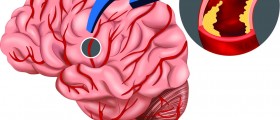


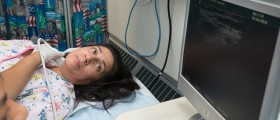


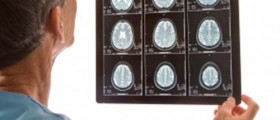
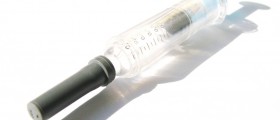
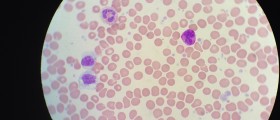


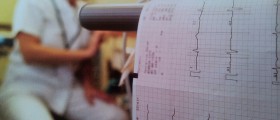


Your thoughts on this
Loading...